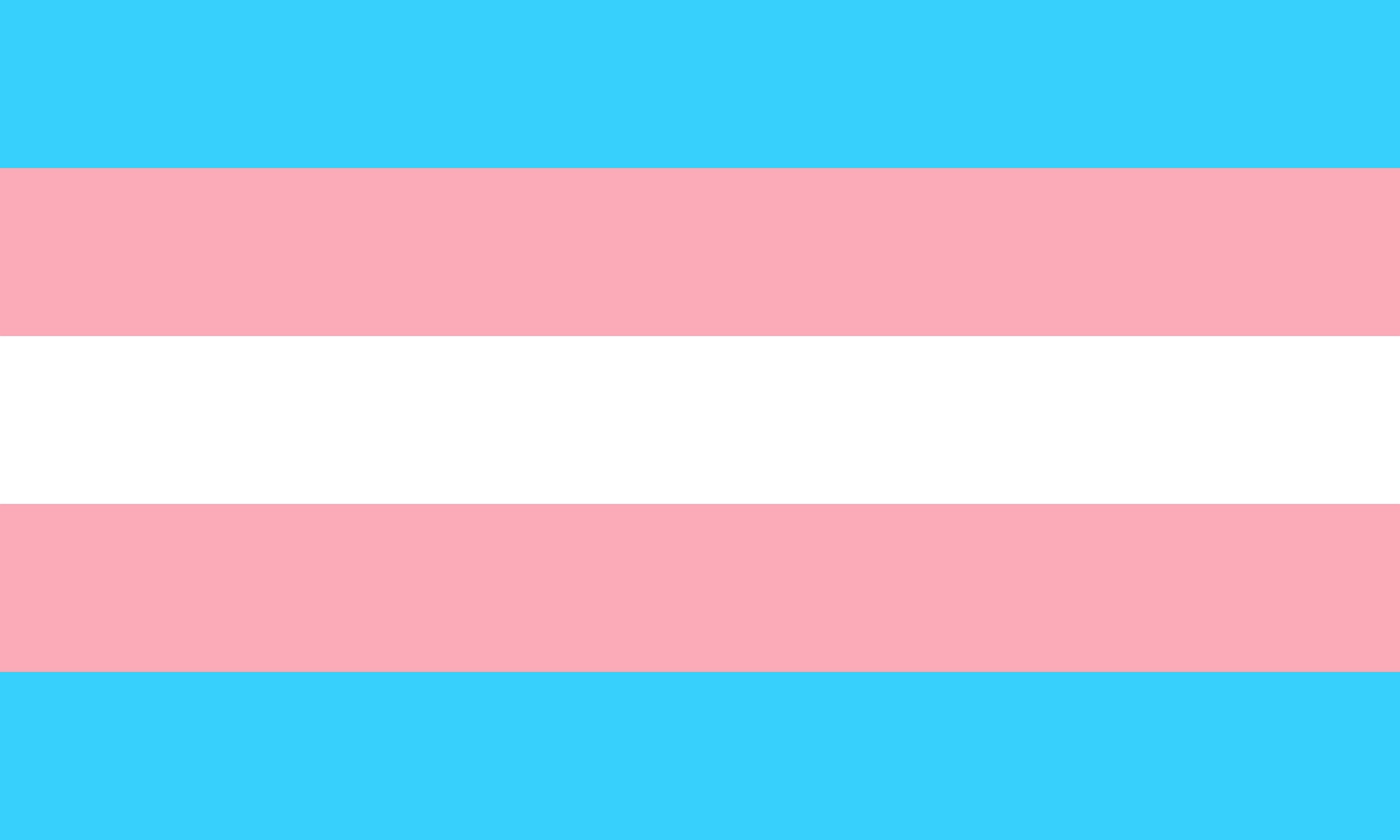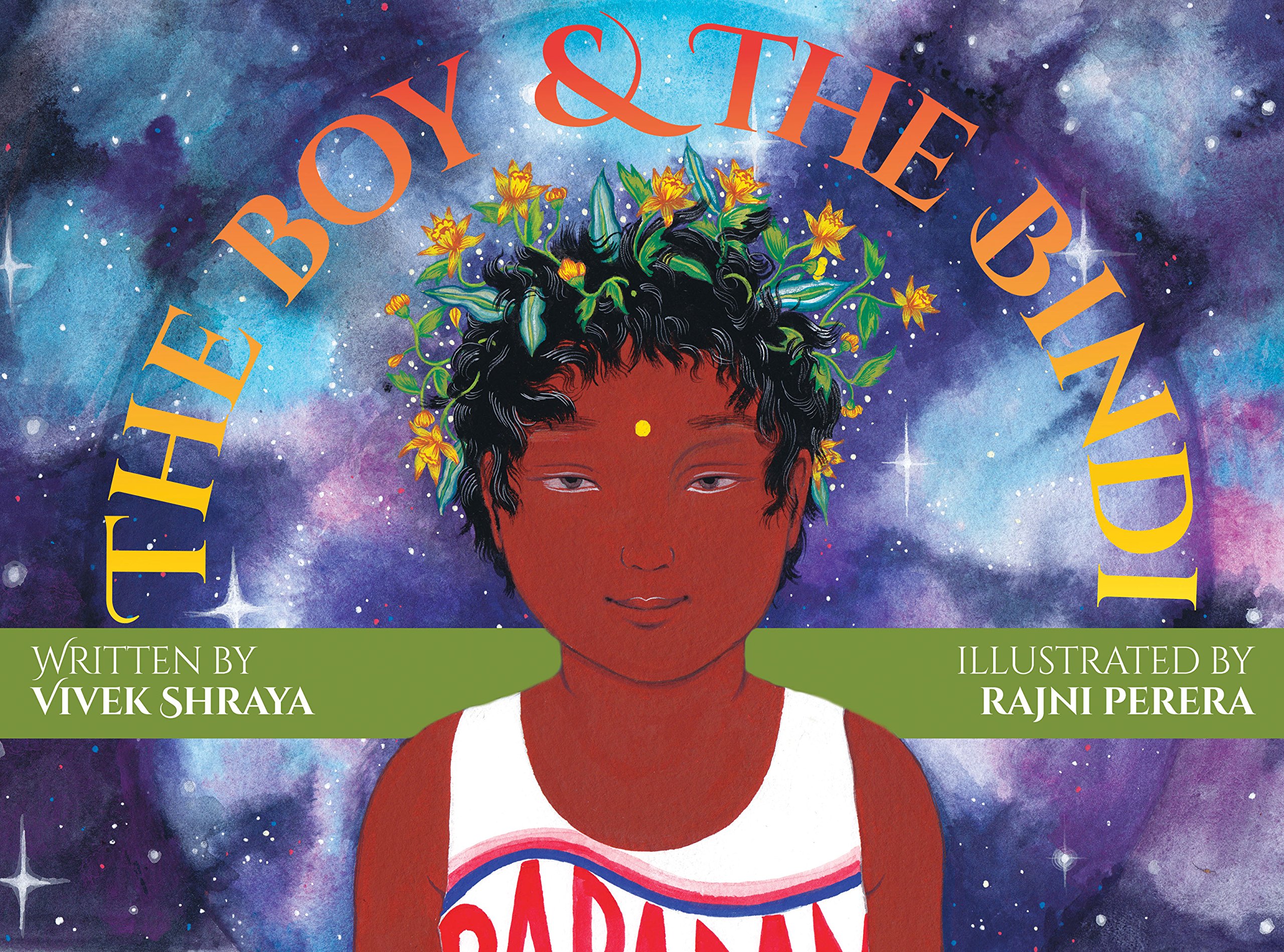
By Aneesh Barai, Department of Education and Social Justice
School of Education, University of Birmingham.
J.K. Rowling has been at the centre of very public disputes around the nature of trans lives, with both her critics and supporters very vocal on social media. What is the context around her claims, and what spurred Rowling to publicise her opinions on this issue now?
The views and opinions expressed in this blog are those of the author and do not necessarily reflect the official policy or position of the University of Birmingham.
There is an unsurprising but disappointing alignment between supposedly “liberal” cultural outputs and the attitudes and policies of our current Conservative government. J. K. Rowling has been at the centre of widespread media and social media attention over the summer of 2020 for expressing problematic attitudes, denying the validity of trans women’s lives. Her biological essentialism and refusal to use accurate pronouns for trans women unexpectedly intertwined with her latest children’s story The Ickabog through a mistaken tweet at the end of May, followed by a series of follow-up tweets, and finally a 3700-word position piece, restating her firm belief that there are two biological sexes and that biological sex determines gender identity.
Rowling came back to headlines and to trending on twitter after a human rights organisation asked her to return a humanitarian award in late August 2020. Twitter soon followed with the hashtag #IStandWithJKRolling [sic], including from many activists using it to raise attention to the problems with Rowling’s arguments. So many of her (former) fans have presented the evidence and logic to challenge her claims, such as the fact that biological sex is not binary, and even warned her of the danger of devaluing trans lives in this way, when the attempted suicide rate among trans youths is so disproportionately high. These rates worsen when it comes to multiracial trans people. Trans woman (who Rowling’s targeted) and charities to support trans children, such as Mermaids, have written eloquent, evidenced and logically driven responses to the points she makes, taking apart the many flaws in her claims. Most recently, Judith Butler has challenged the very terms of the debate in a powerful and eloquent interview.
The Political Context
Rowling’s tweets and manifesto were quickly followed in the UK and USA with announcements/leaks of government plans to reduce rights and protections for trans people. One can only believe the timing of this is coincidental, but it is almost as if her very public rejection of the validity of trans lives was the push a right-wing government was looking for, seeking public approval for what are generally unwelcome plans. The UK government decided to ignore the results of its own public consultation on the issue, because around 70% of responses were in favour of people self-identifying as male or female. But now that Rowling has spoken, there is the very real possibility that public attitudes might shift. In the USA, a Republican senator quoted Rowling while blocking a vote on an LGBTQ civil rights bill in June, and in the UK this month, the government’s review of the Gender Recognition Act backtracked on much-needed and hoped-for improvements in trans rights, leading to a protest in Hyde Park on September 12th.
Listen, Educate and Challenge
In this moment, I believe it is crucial to resist the narrative that Rowling is pushing about trans women, to reject the story she is telling. Listening to trans voices, educating others, and challenging governments to protect the rights of vulnerable groups are essential activities. As academics and as educators, in particular, we are in a position to challenge misinformation about ideas of gender, and in a position to create spaces that are safe for people of all genders. By following the social media and elevating the cultural outputs from trans and non-binary voices, we can both support the livelihoods of trans artists, and support our students through representing diverse gender identities in our curricula.  For example, in my own field of children’s literature and media, rather than the children’s writing of Rowling, we might find more value in works by authors like Vivek Shraya (The Boy and the Bindi, God Loves Hair), Meredith Russo (If I Was Your Girl), Sophie Labelle (the comic series Assigned Male, Ciel), Alex Gino (George, Rick) and others. Instead of the Harry Potter and Fantastic Beasts movies, we might watch works by creators like Noelle Stevenson (She-Ra and the Princesses of Power, Nimona), Rebecca Sugar (Steven Universe), and others. For fantasy fiction, we might read and promote the novels of Charlie Jane Anders, Sarah Gailey, or Jy Yang.
For example, in my own field of children’s literature and media, rather than the children’s writing of Rowling, we might find more value in works by authors like Vivek Shraya (The Boy and the Bindi, God Loves Hair), Meredith Russo (If I Was Your Girl), Sophie Labelle (the comic series Assigned Male, Ciel), Alex Gino (George, Rick) and others. Instead of the Harry Potter and Fantastic Beasts movies, we might watch works by creators like Noelle Stevenson (She-Ra and the Princesses of Power, Nimona), Rebecca Sugar (Steven Universe), and others. For fantasy fiction, we might read and promote the novels of Charlie Jane Anders, Sarah Gailey, or Jy Yang.
In short, I feel there is no better or more important time to use our position as academics to join the fight for trans rights, to support our students, colleagues, institutions and societies to be safer, fairer and better places, to work for trans, non-binary and gender-non-conforming people to exist as safely and comfortably as cisgender people. Let us firmly place perspectives like Rowling’s in the margins, to be forgotten and dismissed.

Thank you Aneesh for writing this.
Solidarity with trans people is crucial at a time when they are under almost daily attack in mainstream news media and there is a real danger of trans rights being not just stalled but actually reversed. As Sociologist, I am always struck by how little the rhetoric used to deny oppressed groups their basic rights has actually changed over the years. In the 70s and 80s, second wave feminists claimed that disabled women were not real women as they were recipients rather than givers of care, and therefore contributed to the oppression of women (which seen as rooted in women’s role as caregivers). Now, the same exact discourse is used to deny trans women’s womanhood. It looks like we are headed towards more Section 28 legislation, this time for transgender people. As a cis bisexual disabled woman, I am in complete solidarity with my trans siblings.
Just to add a book recommendation for younger children – Introducing Teddy by Jess Walton is great for pre-schoolers to introduce the concept of gender identity. My four year old loves this book.